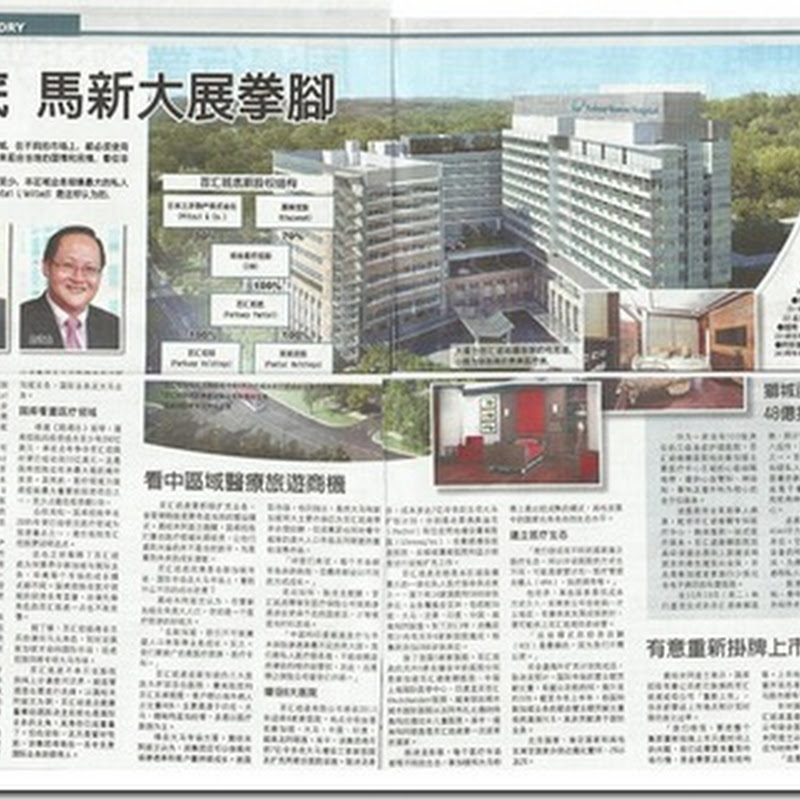The much-expected reduction in power tariffs will likely take place by mid-February 2009 following a reduction in the price for natural gas supplied by Petrolaim Nasional Bhd (Petronas) to the power sector.
Source say the Economic Planning Unit (EPU) is expected to come up with a recommended revised gas price “in a matter of days”.
Manufacturers are facing problems paying their electricity bills. Also, the measure is needed to stimulate the economy and it needs to take effect as soon as possible.
Electricity tariff rates depend largely on the subsidised gas cost that is pegged at RM14.30 per mmbtu (million British thermal units) against a market rate of RM20-RM25/mmbtu. As it stands, gas is the biggest fuel component and accounts for some 60% of the country’s power generation fuel mix.
It is believed that Energy, Water and Communications Minister Datuk Shaziman Abu Mansor met with Tan Sri Amirsham Aziz, Minister in the Prime Minister’s Department in charge of EPU and the latter was agreeable that the price of gas sold to the power sector would need to be cut.
Prior to June 2008, gas was sold at RM6.40/mmbtu. The upward revision in gas price in June 2008 (to RM14.31/mmbtu) on the back of soaring crude prices led to about a 24% increase in power tariffs, which is scheduled for review in June again 2009. The Cabinet had agreed (Jan 2009) to the ministry’s proposal for an earlier review of the gas price.
International Trade and Industry Minister Tan Sri Muhyiddin Yassin had alsocalled for electricity tariffs to be brought down in view of lower global fuel prices.
Most concurred that a downward revision in tariffs, following a reduction in the price of natural gas Petronas charged Tenaga Nasional Bhd (TNB), would have a neutral effect on TNB’s earnings.
If the “gas price comes down, then it’s okay for tariffs to come down as well.”
“But, how much lower can the gas price go? It must be appreciated that Petronas needs to recover its operating cost, otherwise, it may not want to further invest in the development of gas supply. At current (Jan 2009) gas rates, Petronas is already providing a subsidy”
The issue is that there are several components to its cost. Gas price can be reduced and coal prices can also come down. But the bigger issue is also the IPP (independent power producer) rates.
FBM KLCI - higher on positive market sentiment
-
Stocks on Bursa Malaysia ended higher Thursday with the benchmark FBMKLCI
continued its upward trend to close higher due to positive market sentiment
dr...
23 hours ago























































No comments:
Post a Comment